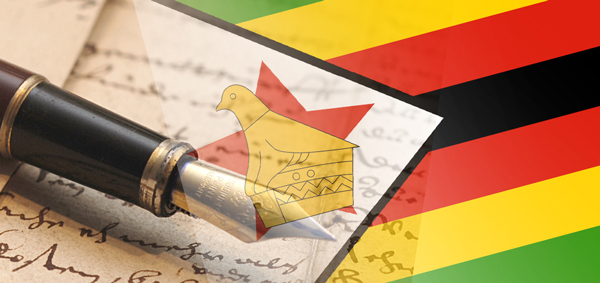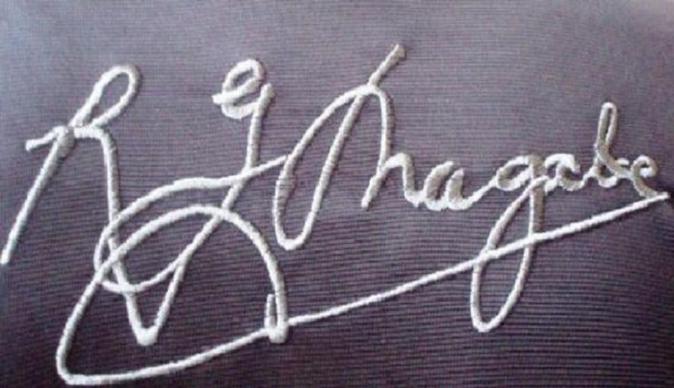Zimbabwe: Constitutional Protection of Traditional Knowledge and the Robert Mugabe Fashion Brand
- Victor Nzomo |
- March 26, 2013 |
- CIPIT Insights,
- CIPIT news,
- Copyright,
- Fashion,
- Intellectual Property,
- Trademark

Recently, the people of Zimbabwe went to the polls in a referendum vote for the acceptance or rejection of a draft new Constitution to replace the Lancaster Constitution of 1980, tied with their independence from Britain in 1980.
A copy of the Constitution Select Committee (COPAC) Final Draft Constitution is available here.
Local media reports now indicate that Zimbabweans have voted in overwhelmingly in favour of the new Constitution.
This blogger has been going through Zimbabwe’s new Constitution and came across three interesting provisions, as quoted below:
16 Culture
(2) The State and all institutions and agencies of government at every level, and all Zimbabwean citizens, must endeavour to preserve and protect Zimbabwe’s heritage.
(…)
33 Preservation of traditional knowledge
The State must take measures to preserve, protect and promote indigenous knowledge systems, including knowledge of the medicinal and other properties of animal and plant life possessed by local communities and people.
(…)
71 Property rights
(1) In this section –
property means property of any description and any right or interest in property.
The cumulative effect of sections 16 and 33 is the elevation of traditional knowledge, traditional cultural expressions and genetic resources to constitutional status. However, unlike the Kenyan Constitution, the positive obligation imposed on the State to protect TK, TCEs & GRs is somewhat watered down by the inclusion of the words “endeavour to” and “take measures to” in respect to sections 16 and 33 respectively. Therefore, the people of Zimbabwe may not be able to hold the State accountable for any misappropriation, misuse, piracy or other violations of rights associated with their TK, TCEs & GRs.
The definition in Section 71 is significant because it can be taken to refer to more than simply right of ownership and ownership of tangible assets. Indeed, this section may be interpreted to extend the definition of property to include intangible assets such as intellectual property (IP).

In other news from Zimbabwe, the BBC reports that a trademark dispute is brewing over the use of the name of President Cde Robert Gabriel Mugabe as a brand by a local fashion house. Over the past three years, the House of Gushungo has been using the octogenerian Mugabe’s signature as a logo, has printed it on t-shirts, berets and other garments. It is now reported that the ZANU-PF (Mugabe’s party) is currently trying to gain control of House of Gushungo’s Robert Mugabe clothing line. In the words of ZANU PF spokesman Rugare Gumbo:
“It’s an intellectual property which we have to maintain. We have allowed every Jack and Jill to do what they like about the whole thing. The main reason why the brand is so popular is that he is a highly intellectual leader. But we want to control it to make sure whoever is going to use it will have to pay something. So we are going to restrict it as a party.”
This blogger wonders how ZANU PF intends to formalise its rights in Robert Mugabe’s name and signature. Both copyright and trademark registrations are open to ZANU-PF but may be subject to the President’s consent. With the Zimbabwe elections slated for July this year, IP registrations may allow ZANU PF to safeguard and commercialise the Robert Mugabe brand fully.
